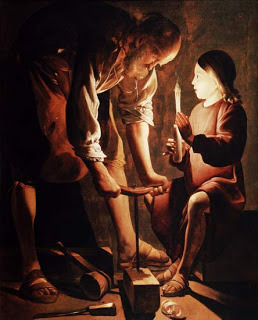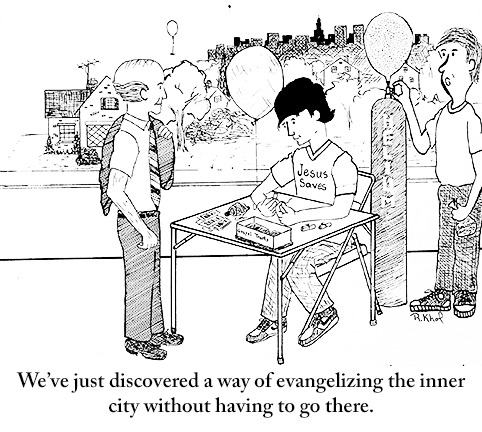For whoever does the will of God is My brother and My sister and mother.
Mark 3:35
While Jesus was discipling His followers, Christ’s family needed to talk with Him. When He was informed that they were outside waiting, he asked, “Who is My mother or My brothers?” Then, signaling with His hand to those who circled Him and said, “Here are My mother and My brothers!” (Mark 3:31-34)
The teaching here is about relationships. Being in the family of God is more important and longer lasting than even being in Jesus’ bio-family. At the point in time of these verses, Christ’s brothers weren’t believers. No matter how close a sibling group can be, it’s still just a tangible relationship, constrained by time and space. Those restrictions don’t apply to the spiritual family, which is intangible.
Christ declares that anyone responding to the Spirit’s leading becomes His brother or sister. The law of relationships makes the reverse to be true; the Lord is their brother.
Although the family is a basic human unit, not everyone has one. There are orphans from birth, orphans from neglect, and orphans with unloving parents. The Savior can become a father to the fatherless (Psalm 68:5) and a big brother to everyone who feels abandoned. He is the firstborn among many brothers (Romans 8:29).
What can you do with an older brother? You can:
1. talk about what’s on your mind.
2. share experiences.
3. ask for advice.
4. vent.
5. ask questions.
6. unload fears and worries.
7. get help.
8. enjoy his company.
If Jesus is your Savior, then He’s also your Brother.
June 12









